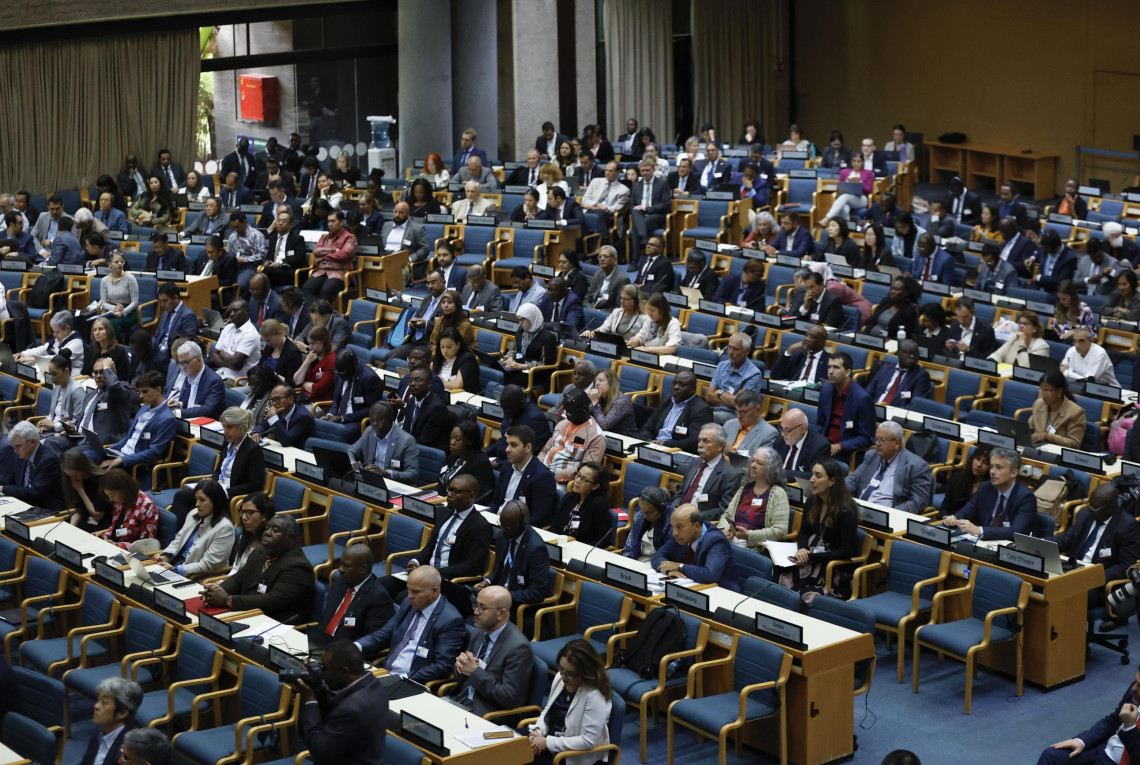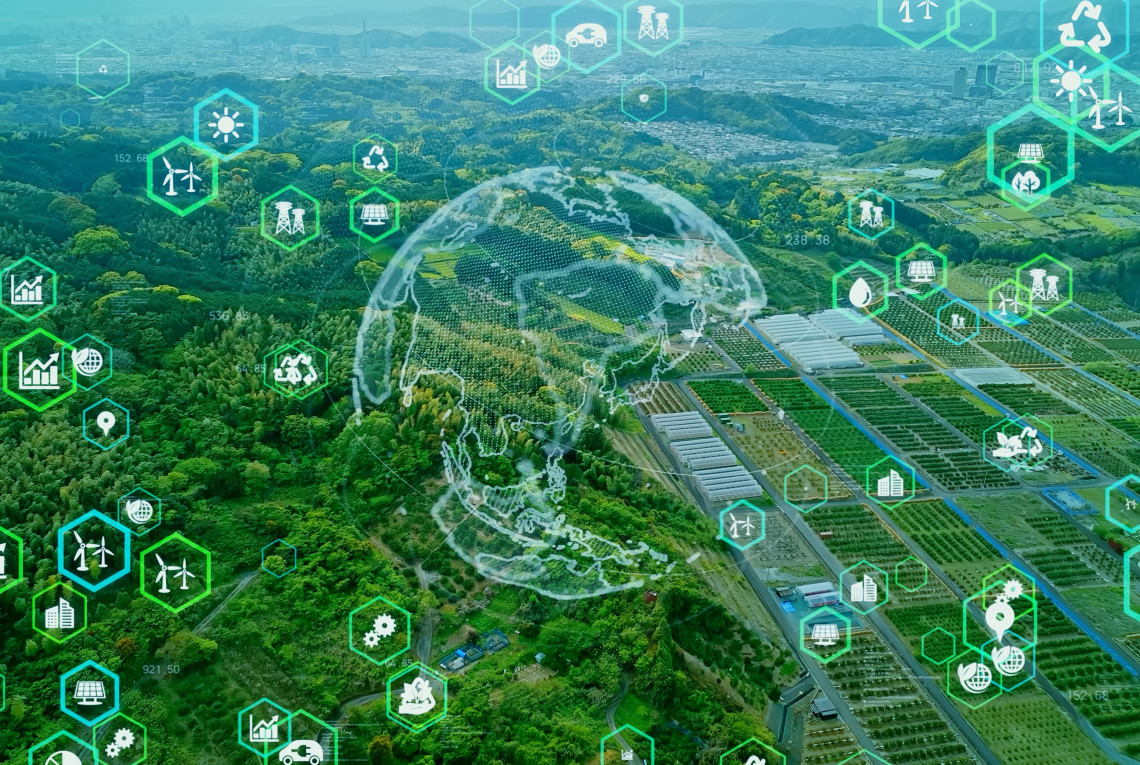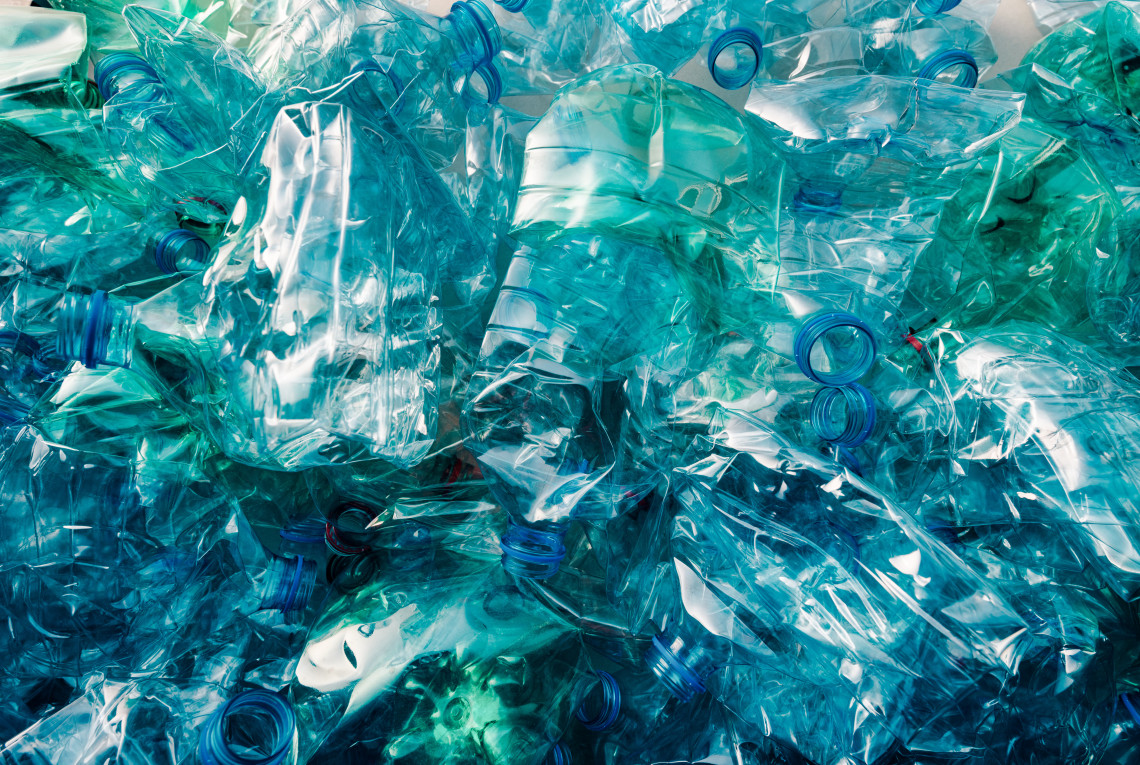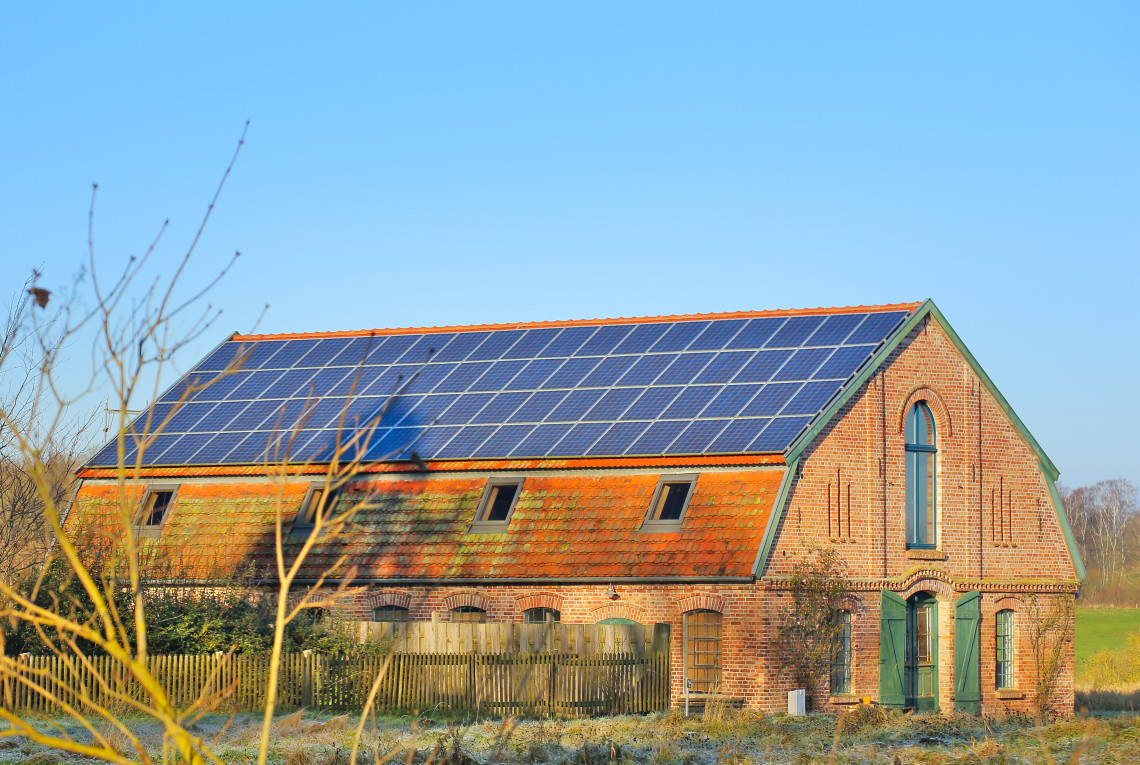
Climate change: the growing danger of heat for human health
Two current reports warn of the effects of heat waves, which have already caused thousands of heat-related deaths in Europe.

New leadership for the IPCC
The Intergovernmental Panel on Climate Change (IPPC) has elected its new Bureau. Jim Skea, a British scientist and expert on renewable energies, will lead the seventh assessment report as the new IPCC Chair.

Storing CO₂ under the North Sea: opportunities and risks
Storing carbon dioxide under the North Sea can help to reduce unavoidable emissions in Germany. The environmental risks posed by this process can be minimized with suitable regulation, according to Klaus Wallmann of the GEOMAR Helmholtz Centre for Ocean Research in Kiel.

Planetary boundaries: With justice it gets even tighter
With its increasingly negative impact on the environment, humankind is endangering its own safe life on Earth. According to a recent study, seven of the eight boundaries of the earth's regulatory capacity have already been crossed. According to researchers, a just global transformation is urgently required in order to safeguard human well-being on the planet.

Red alert: Record-high ocean temperatures
Our most important natural climate control system is in danger: The oceans are heating up more intensely and rapidly than ever before. In addition, this year could see the El Niño weather phenomenon – with potentially severe consequences for humans and ecosystems.

Poisonous permafrost legacy
Not only is Arctic permafrost a carbon sink, it also stores pollutants from industrial activity. Researchers warn that such pollutants can be released when the permafrost thaws, threatening people and ecosystems.

Why climate change is especially hard on people with disabilities
May 5 is a European day of protest for the equality of people with disabilities, an issue that is also relevant in the context of climate change. Although they are particularly hard-hit by the effects of climate change, people with disabilities are systematically ignored in climate policy, whereas they really ought to be included more and protected better. The situation could be improved with acce

A cycle for plastics
Pollution and mountains of garbage: Plastic trash is a severe problem. But since it is hard to imagine life without plastics, researchers are looking for ways to deal with them more sustainably.

Climate action in the G7: an exclusive climate club for all
Despite some progress in recent years, global efforts to combat climate change are making slow progress. For some time, it has been clear in international climate diplomacy that small groups of a few negotiating states are becoming increasingly important. The new G7 climate club has a lot of potential for fighting climate change, but it is questionable whether this idea will gain acceptance.
